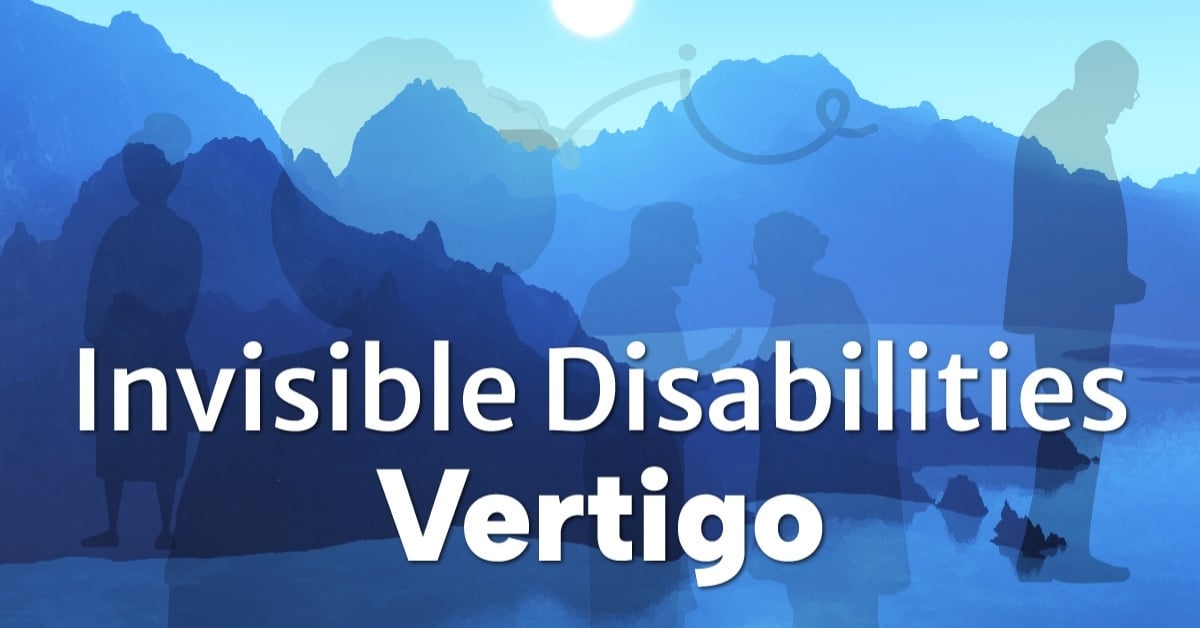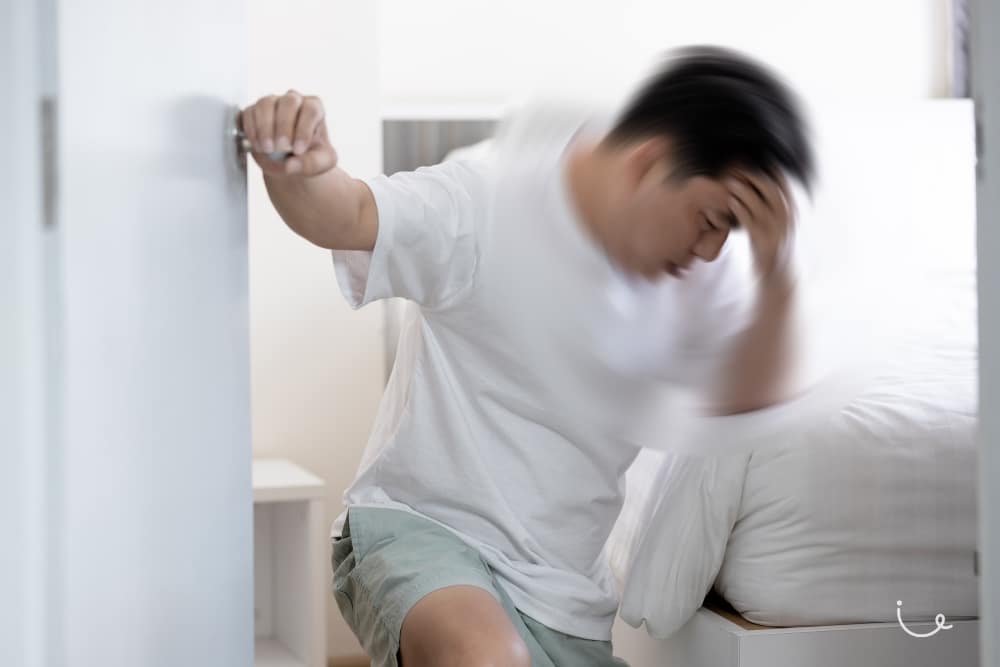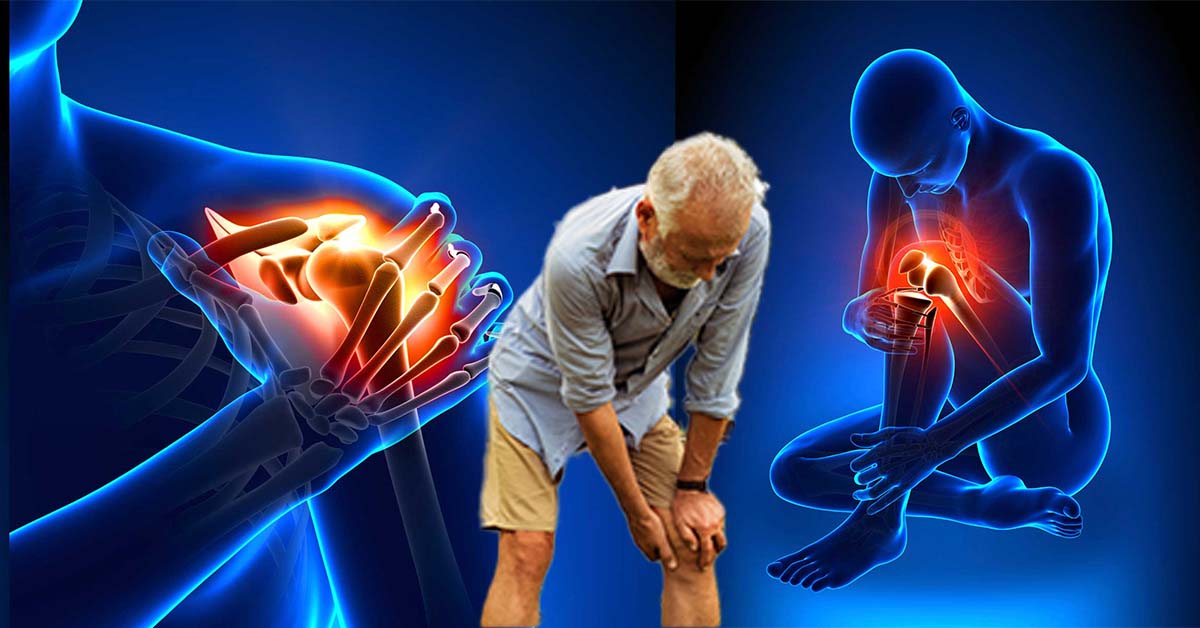
"They also said the water level in my ears were not equal."
"It is made up of three semi-circular canals and the vestibule, each of which contains fine hair sensory cells that detect and respond to body and head movement and acceleration in different planes. Therefore, vertigo is usually exacerbated by body or head movement."
"Patients therefore tend to feel better when they lie down and keep still."
Vertigo is not just a dizzy feeling

Credit: Sengkang General Hospital

Credit: Yuen Heng Wai
"But wanting to recover faster, I started doing them more frequently, even during short breaks at work. After just one week, the groggy feeling and spinning sensations disappeared."
The role of physiotherapy
Physiotherapy is one of the common ways to deal with vertigo, says Ng.
"Physiotherapy plays a crucial role in both diagnosis and treatment, particularly when the underlying cause is related to vestibular dysfunction."

"Therefore, prompt medical intervention is strongly recommended to expedite recovery and prevent potential complications."
"I also want people to know that recovery takes self-determination. I followed the exercises the doctor gave me but I went beyond that, doing them more often because I really wanted to get better – and it made a difference."






